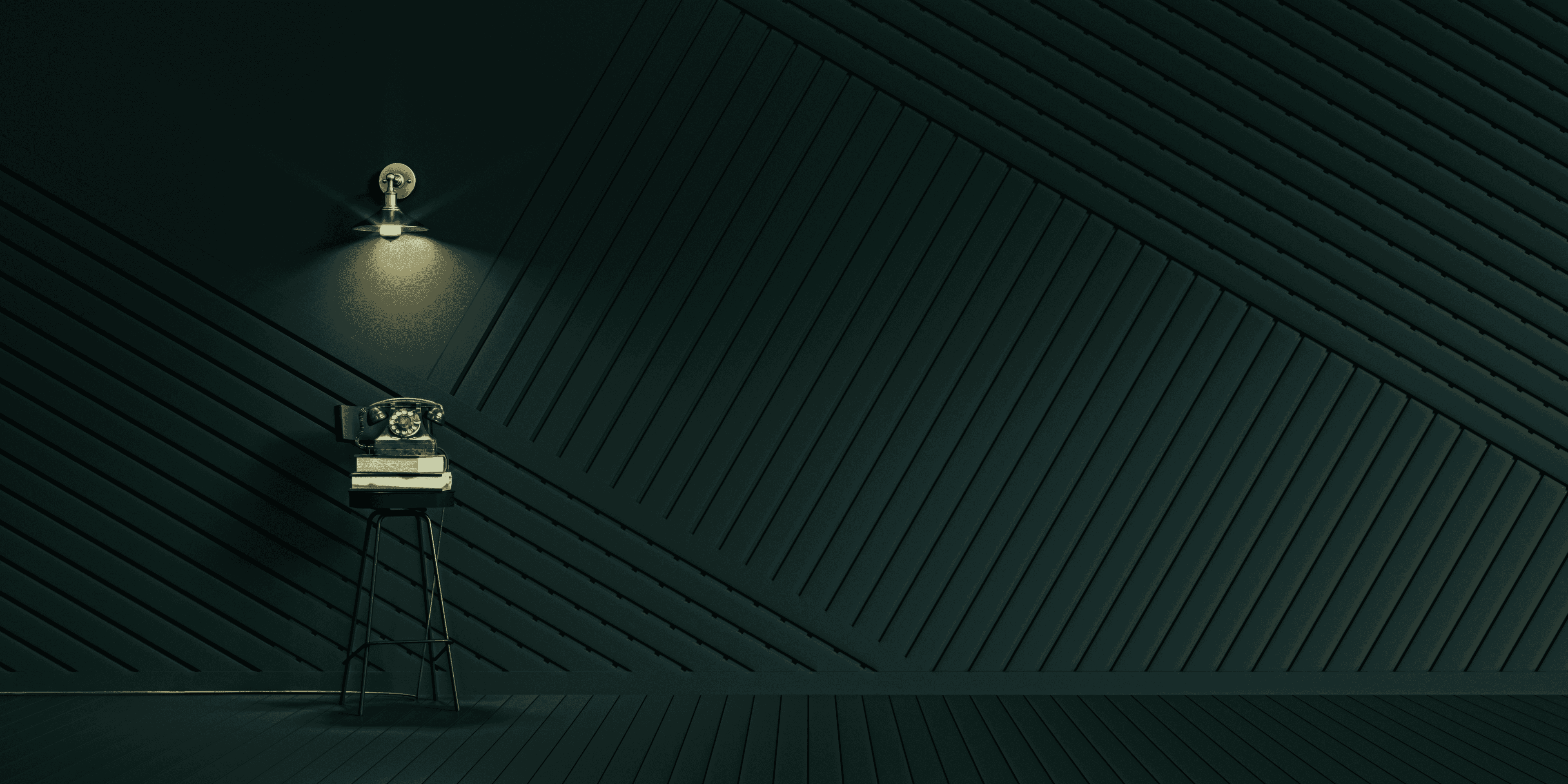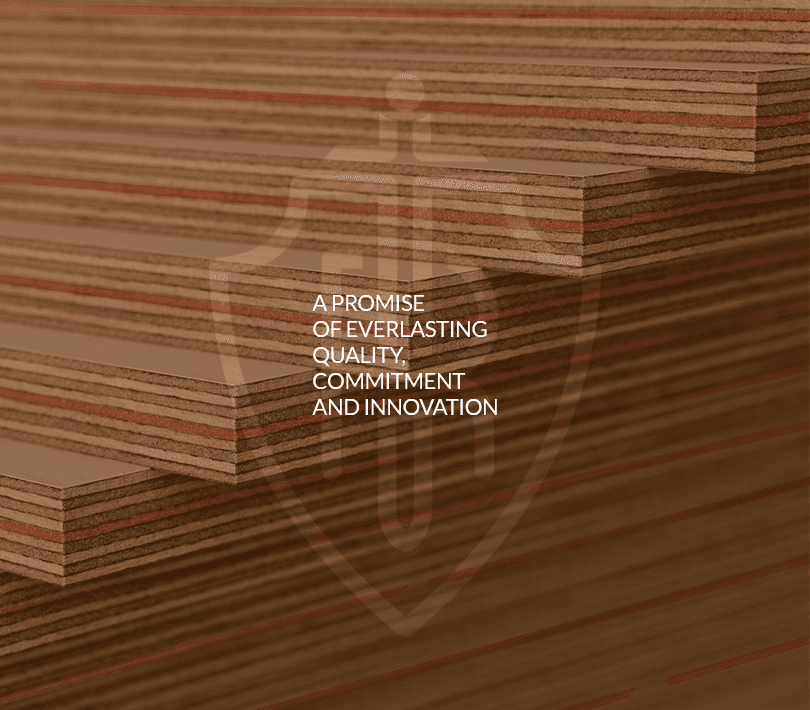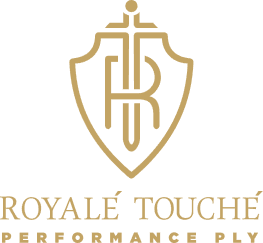

Contact
Us
Connect with Confidence: Reach Out to Royale Touché Plywood's Assistance with Any Queries You Have.
Registered Head Office
Royale Touche Industries PVT LTD,
One 42, 401 North Tower,
Near Jayantilal Park BRTS,
Ambli-Bopal Road, Ahmedabad,
Gujarat, India - 380058
Contact
Get in Touch


